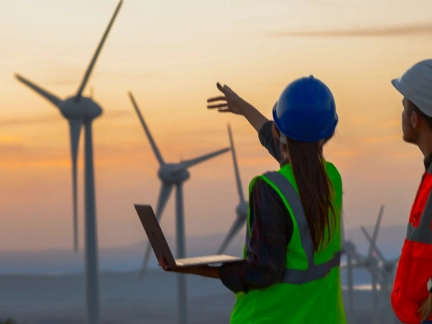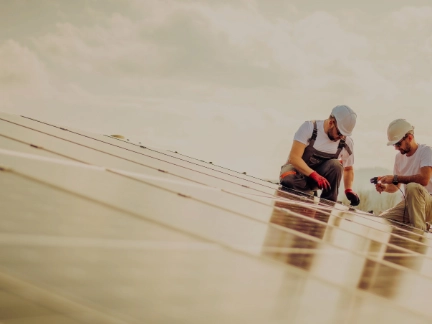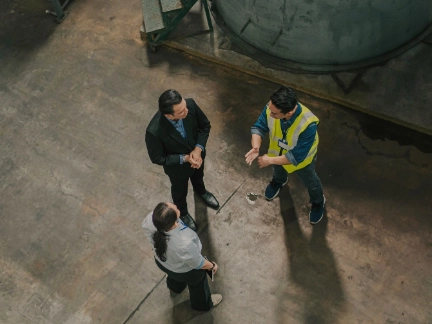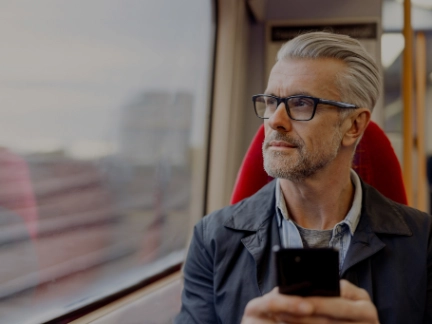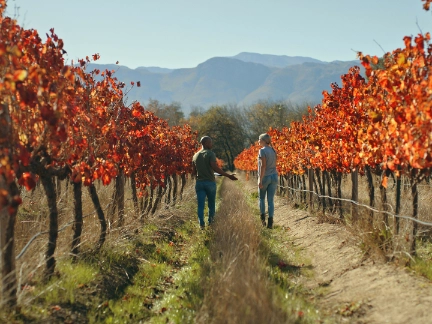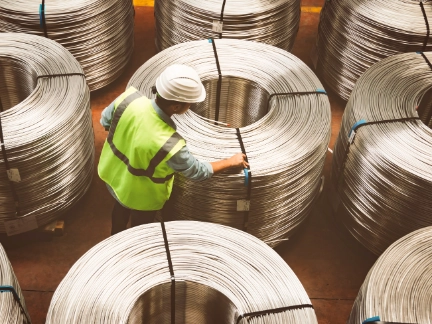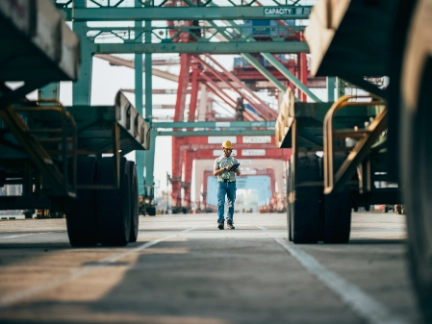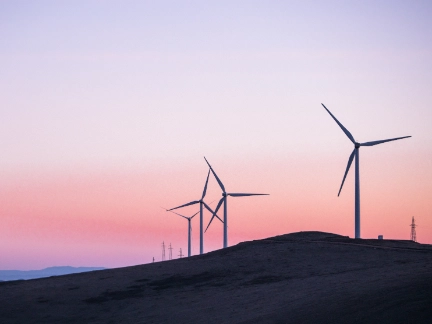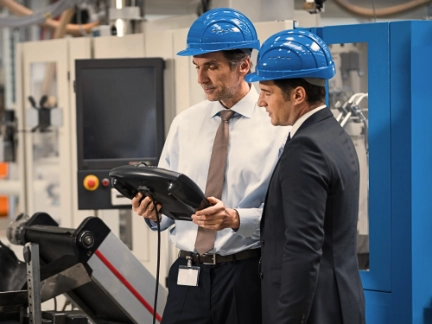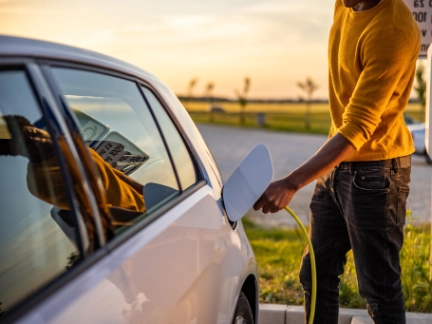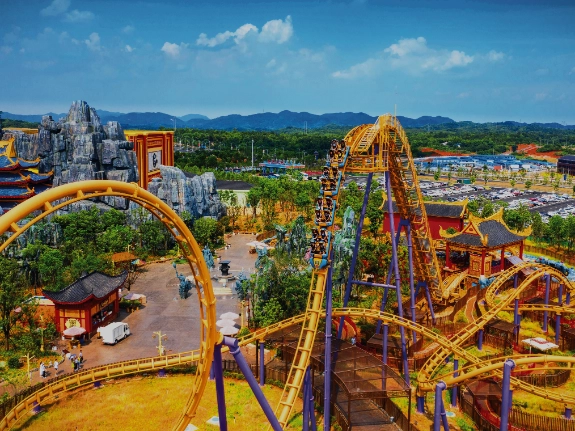
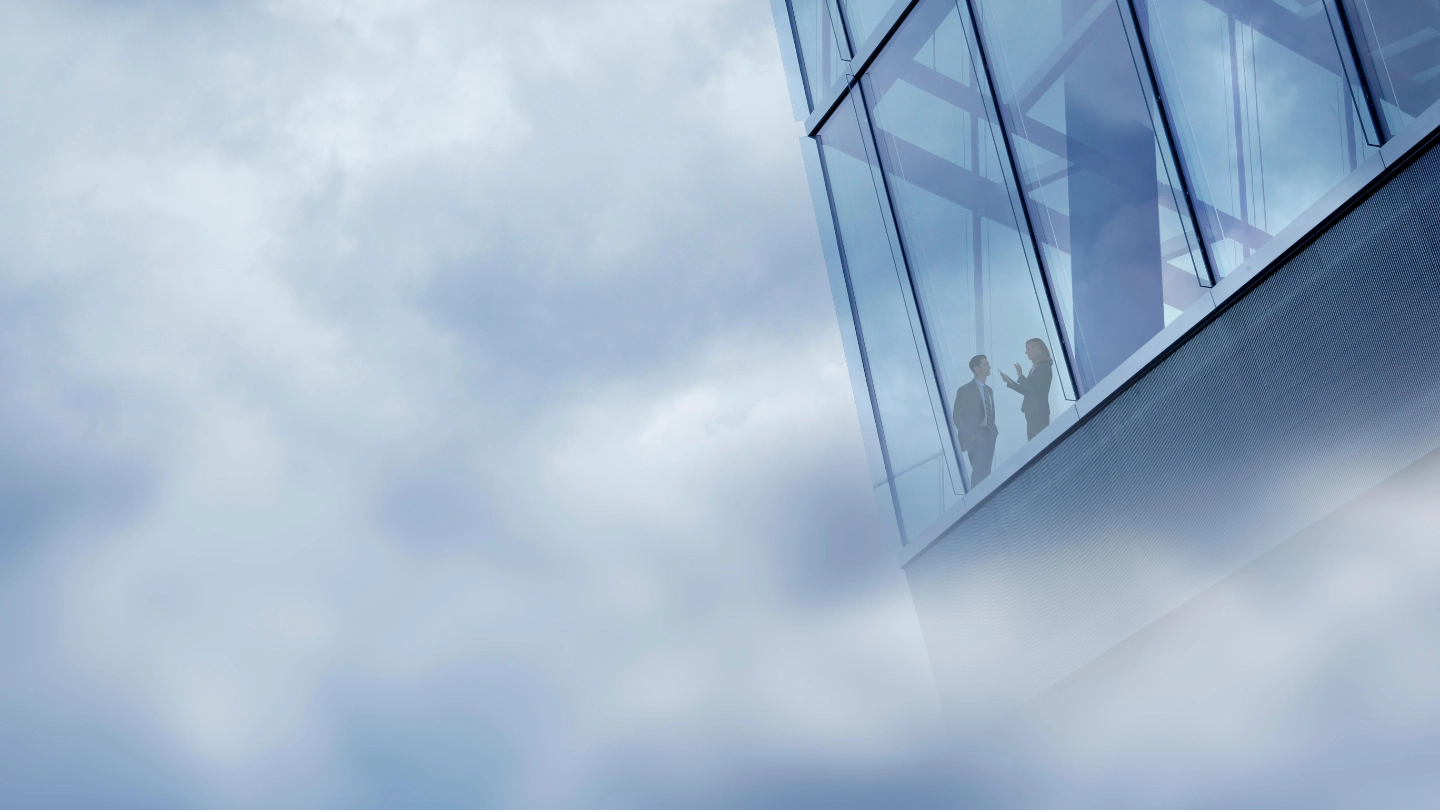
Insure yourself against risks such as non-payment by your buyer
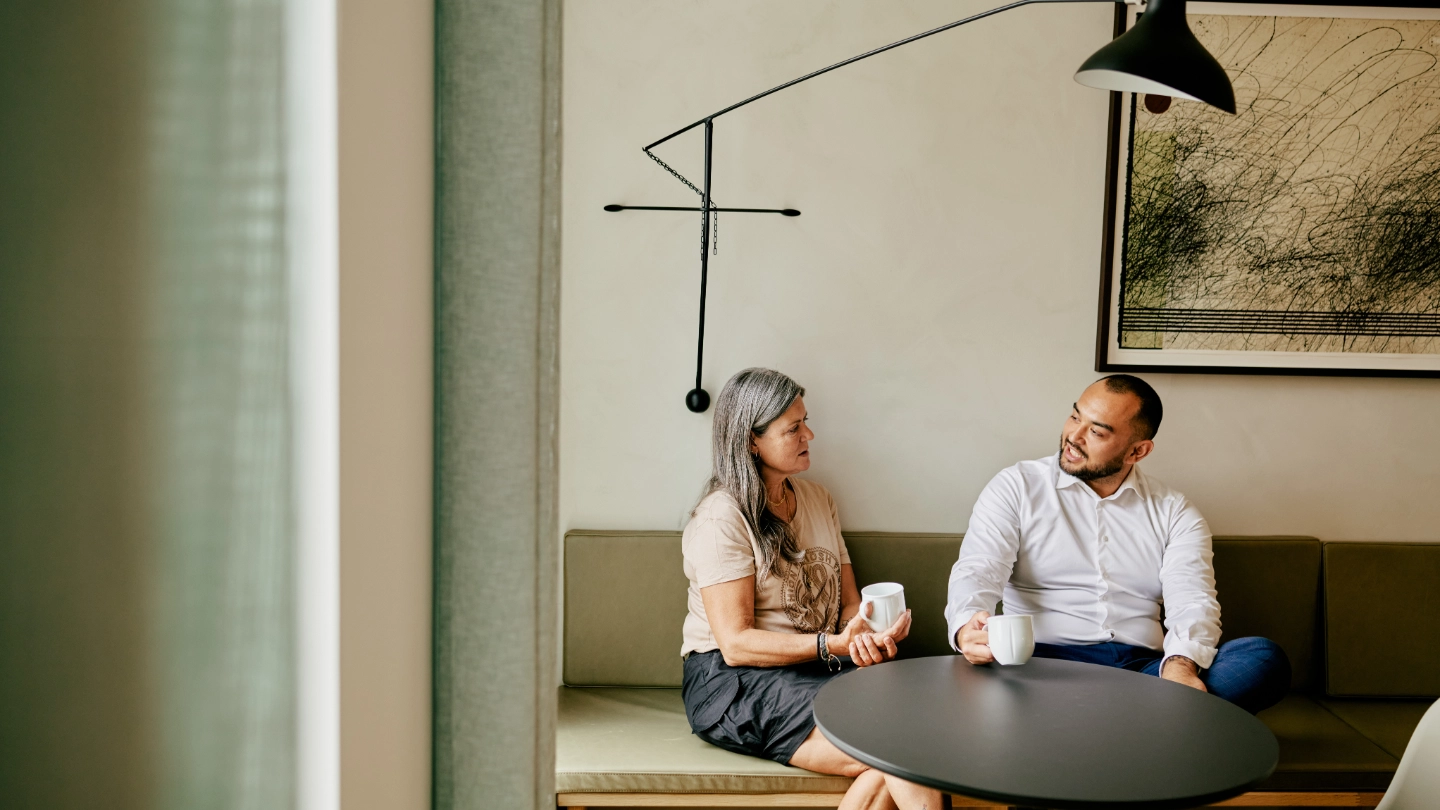
What does credit insurance cost and what should you consider?
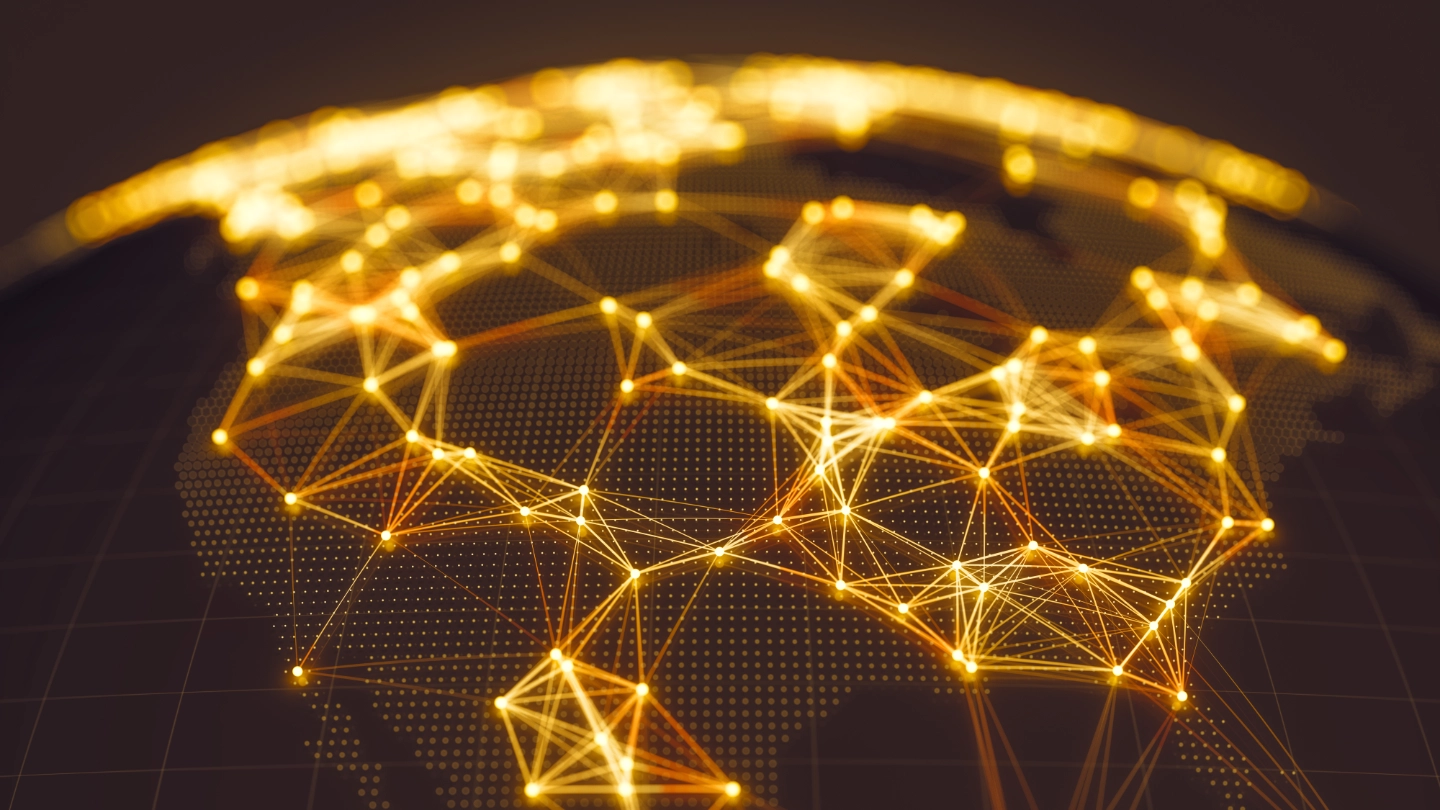
Check out Atradius DSB's country policies, classified by region
-
We are Atradius DSB
-
Our solutions
-
Practicalities
-
Atradius DSB's country policy
You want to export capital goods or carry out a project abroad. But what about paying your customers?
Secure payment in advance with export credit insurance. Even in countries where payment cannot be taken for granted.
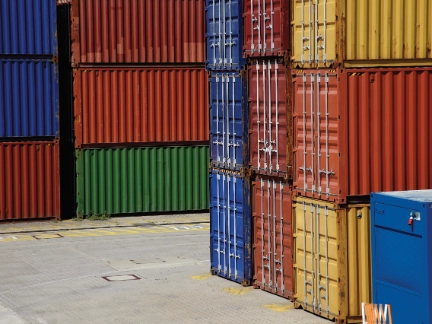
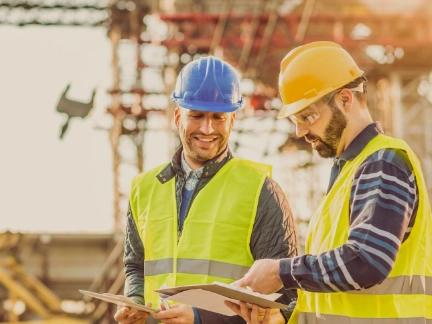
Want to serve more exporters and importers and hold less capital for export credits?
Our Financing Policy makes it possible. We also have solutions for leasing companies.
For entrepreneurs who invest internationally, there are several options for securing your investment. For example, with investment insurance or export credit guarantee, you ensure that you can continue to do business safely.
Export credit insurance
How does it work?
Are you exporting capital goods, or carrying out a project abroad? Do you want to hedge payment risks? Or would you like to get financing from your bank more easily?
Our insurance and guarantees can help you do just that.
Atradius Dutch State Business offers a comprehensive suite of insurance and guarantees for exporters of capital goods, international contractors, banks and investors. These solutions are specifically designed to provide protection against various risks that may arise when doing business abroad. What sets us apart is that we offer these coverages to Dutch exporters on behalf of the Dutch government.
If you would like to learn more about the benefits our products and services can offer your company on the road to achieving your export ambitions, please feel free to contact us at the link below. Our experts are ready to answer all your questions and work with you to find the product or combination of products that will help your business grow and expand its export business.
Please contact us


